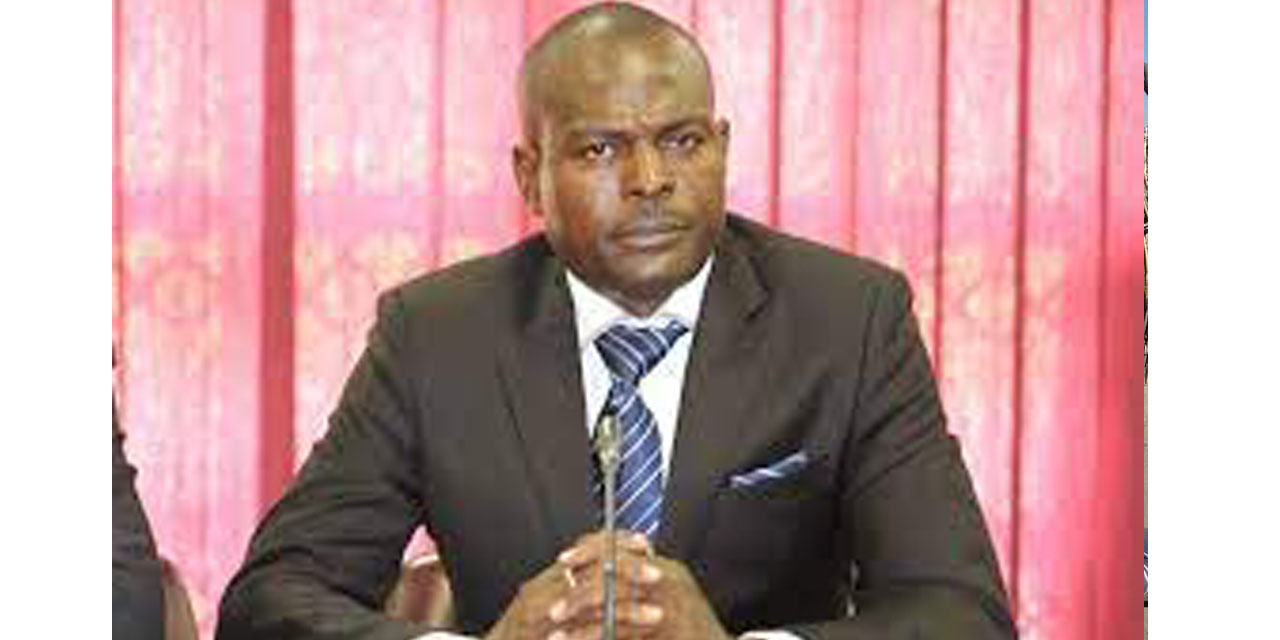Obrein Simasiku
The governor of the Oshana Region Ellia Irimari hailed the political stability in the region, saying it is a cornerstone for good governance, steering the region into a prosperous direction of sustainable development and accelerated development.
“This situation is attributed to the prevailing good political setting in Namibia, which is anchored on the good governance principles of our democracy. Political stability remains an important condition for sustainable development and investment in the region. Hence, I call on my leadership to continue embracing the principles of good governance, and to promote public participation both in policy reforms and programmes implementation,” he said.
In the same vein he shunned corruption, lobbying everyone to fight the scourge of corrupt activities.
“We also need to adequately address the problem of corruption as it has the potential to undermine the integrity of our governance system. Corruption has no place in our country and should therefore not be tolerated in Oshana Region. I have also recognized the efforts by the law enforcement agencies in the region in safeguarding our security,” said Irimari during his state of the region address.
On a different note, the governor expressed concern regarding the escalation of violence against women, citing more than 489 Gender Based Violence cases and 75 rape cases which were recorded during 2021/22. He therefore urged all stakeholders to assist the police in ending violence against women and children in the region.
Economic advancement
Irimari said his office managed to organise a host of regional investment conference, income tax symposium, as well as having made a cash injection to boost Covid-19 stricken small entrepreneurs. A total of 395 new businesses have been registered, which is vital for employment creation and GDP growth.
The Ministry of Industrialization and Trade in collaboration with GIZ Namibia provided grants to 35 businesses at a cost of N$415,000, while Development Bank of Namibia (DBN) provided finance to local businesses to the tune of N$798 million since its inception. This figure includes DBN’s investment of N$44 million in Commercial Property Development; N$90.7 million in Manufacturing; N$152.6 million in Housing; N$72.5 million in Education; and N$16.8 million in Tourism and Hospitality.
According to the governor, significant progress was also made in the agricultural sector, where Agribank financed farmers with a combined funding of N$2.23 million. Through Agribank’s salary –backed, no-collateral facility, loans valued at N$559,600 were also disbursed to part time farmers.
“Agricultural finance is crucial in enhancing agricultural growth and food security,” he noted.
“Agricultural finance has also become inclusive, and consequently communal farmers who were devastated by the drought can now acquire farming implements. We also need to encourage urban agriculture in the region. I am pleased to note that both Agribank and the Ministry of Agriculture, Water and Land Reform are implementing various awareness initiatives to improve the participation of women and the youth in accessing finance for agricultural production.”




